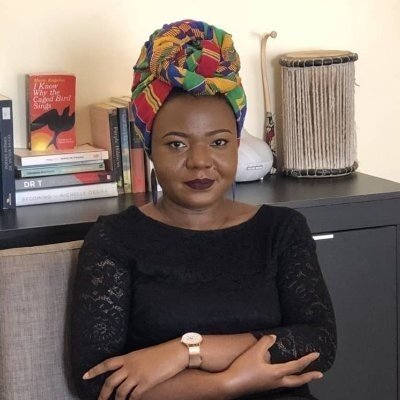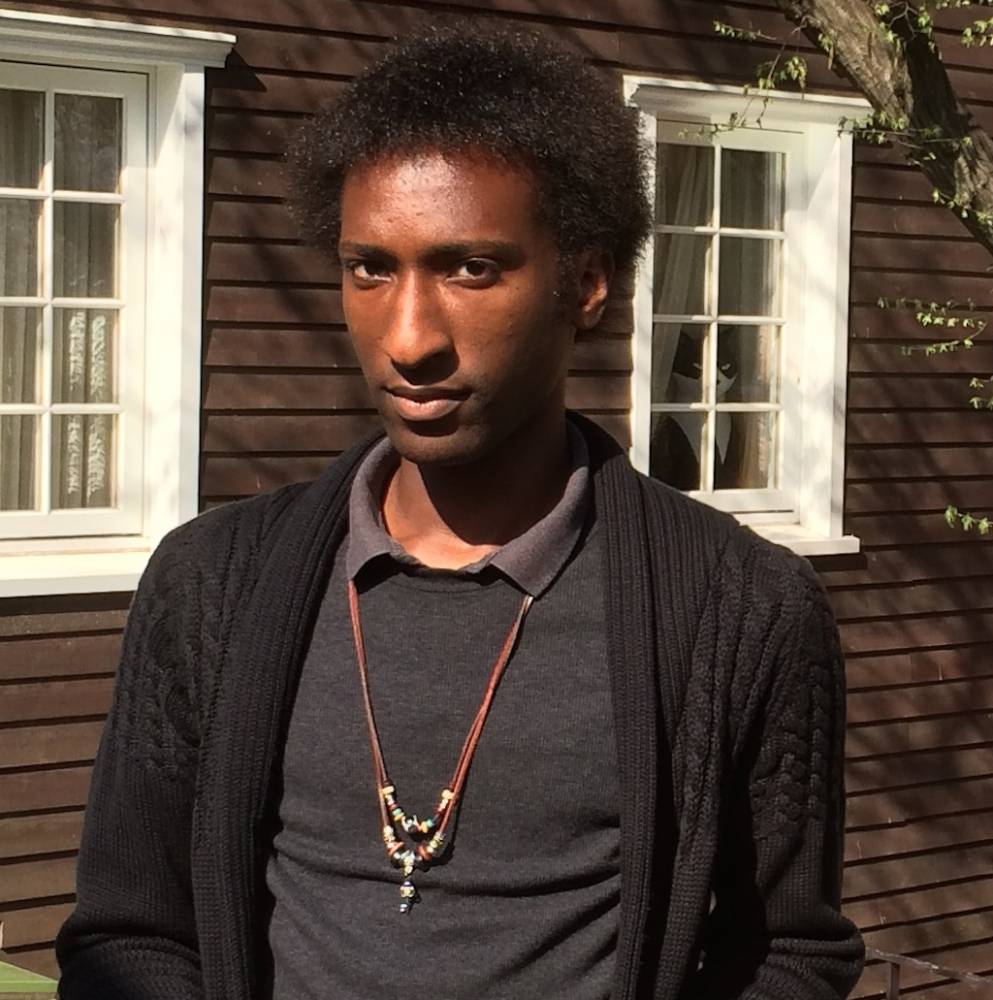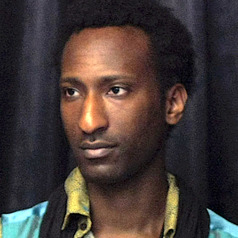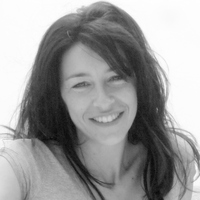This episode is the second of a two-part conversation with Tity Agbahey. Tity is an attorney and a staffer at Amnesty International. Based in Senegal, her current work focuses on central Africa, though her previous work has focused elsewhere on the continent, and her life and travels have taken her to points beyond.
This pair of episodes should appeal to two types of listeners, those who know what it feels like to be the only one who looks like you in your university class, in your staff meetings, or on a discussion panel at a conference, and those who don’t but who want to understand.
This is also a conversation about colonialism, paternalism, and racism in one of the last places you should expect to find it, in the international aid and development sector. It’s also a conversation about the world’s general ambivalence towards African suffering, the benefits and limitations of African to African-American solidarity, privilege within an African cultural context, racism in France, internalized colonialism, an African perspective on racism in the US, and everything else we could think to get off of our chests during a very open conversation.














